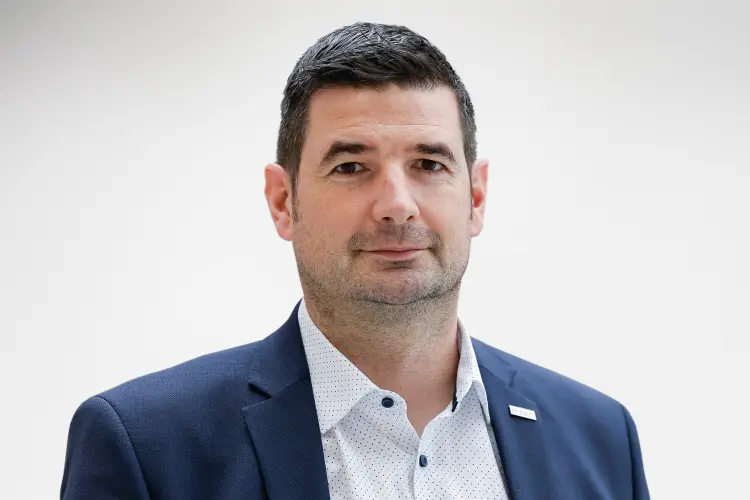Press Releases
-
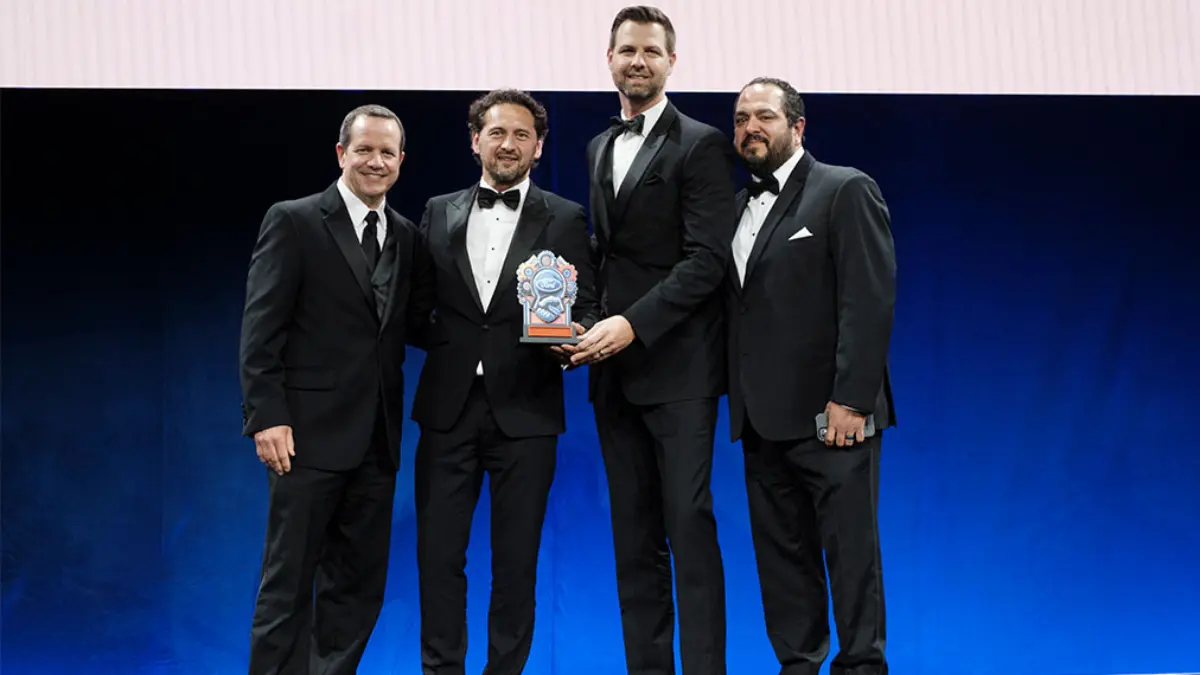
Brose receives Ford World Excellence Award for collaboration
Brose has been recognized by Ford Motor Company with a 2025 World Excellence Award in the Collaboration: Solve Together category, honoring the company’s outstanding partnership and rapid problem-solving in support of Ford operations.
-

Brose Sitech signs Share Purchase Agreement regarding the acquisition of Proseat
The Joint Venture Brose Sitech will acquire the German foam manufacturer Proseat, headquartered in Mörfelden, Germany. The transfer of ownership is conditional and subject to anti-trust merger approval by the EU Commission as well as several closin...
-
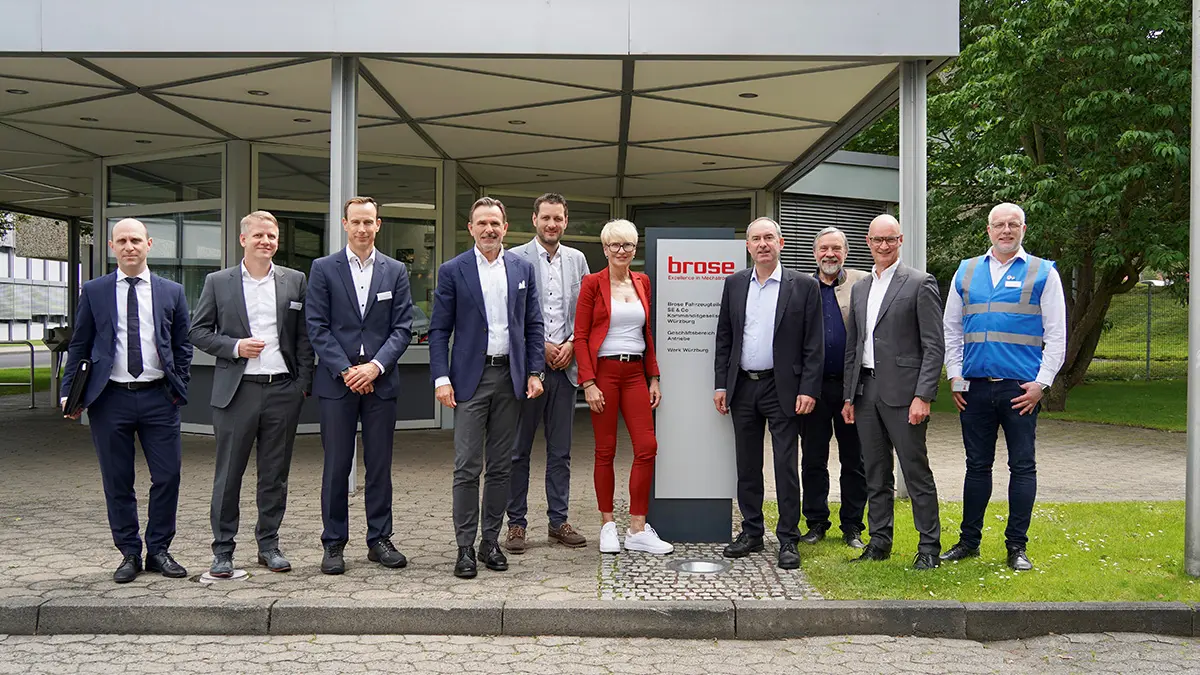
Minister of State Hubert Aiwanger visits Brose in Würzburg - focus on innovation
The Bavarian Minister of Economic Affairs, Regional Development and Energy, Hubert Aiwanger, visited the Brose location in Würzburg on June 10. During a tour of the plant and subsequent discussions with the management and the Chairman of the Works ...
-
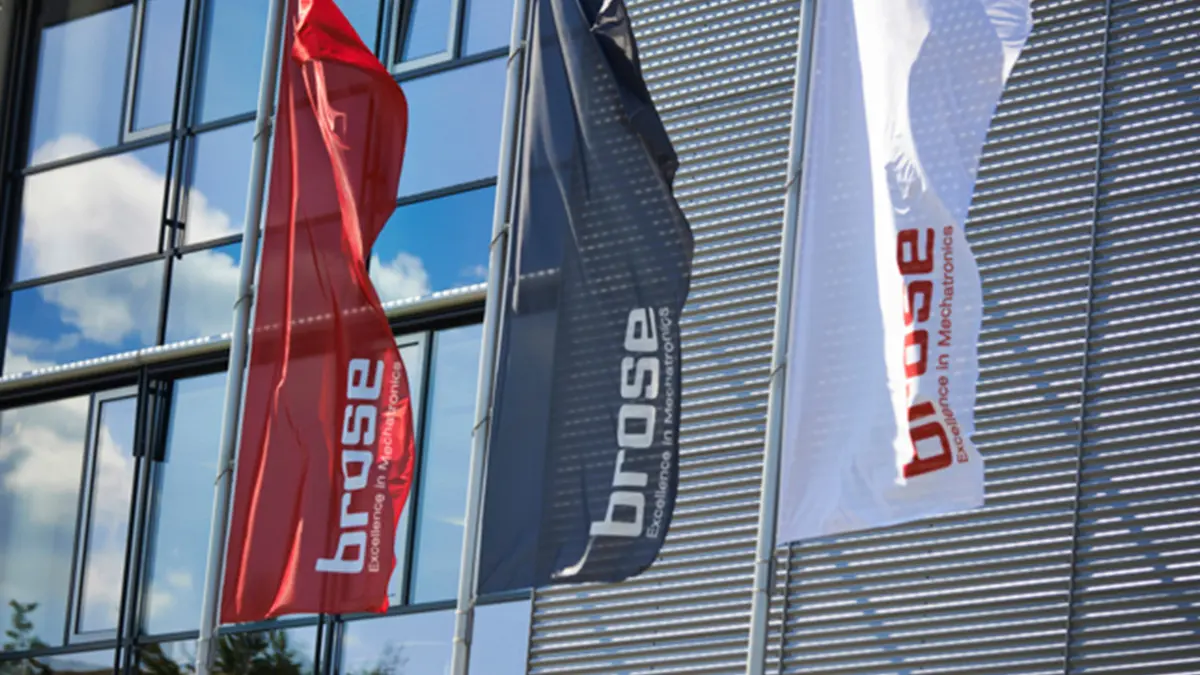
Annual financial statements under difficult market conditions
The continuing deterioration in the market environment and ongoing restructuring impacted the Brose Group's earnings in the 2024 fiscal year. At its meeting in May, the Administrative Board approved the 2024 annual financial statements presented by...
-
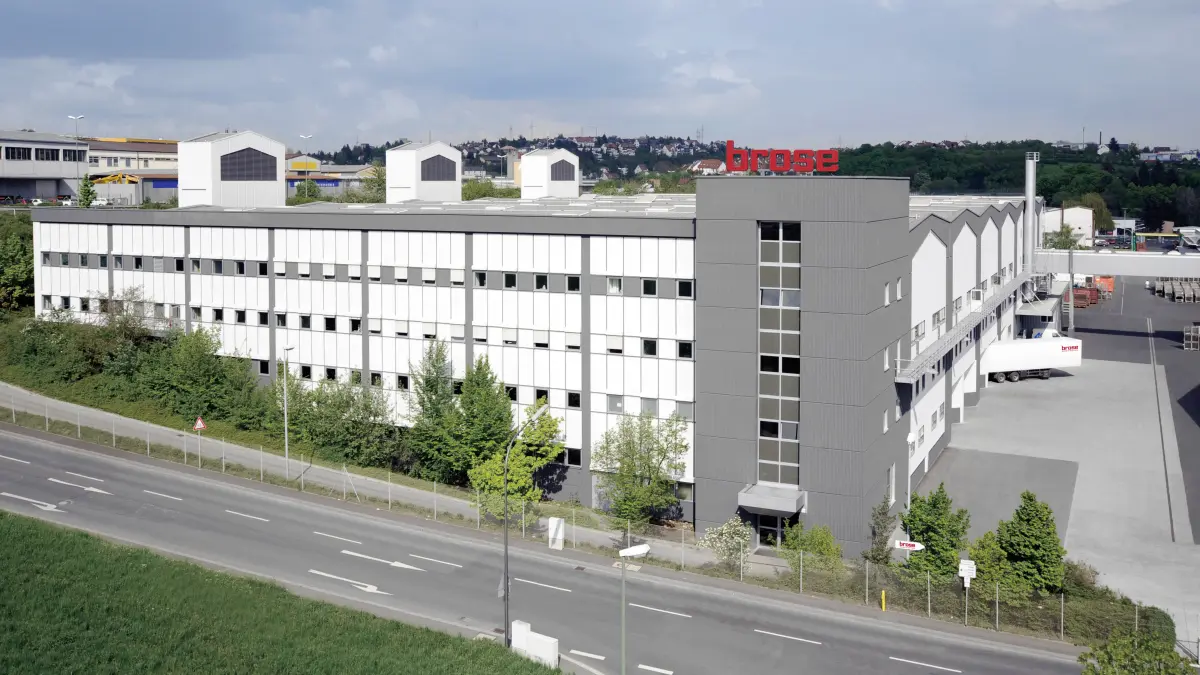
Future of the Würzburg location
On Thursday, May 8, Raymond Mutz, Executive Vice President Drives, presented the current status of the analyses on the closure of the Würzburg location against the background of the planned concentration of the three Franconian Brose locations Cobu...
-
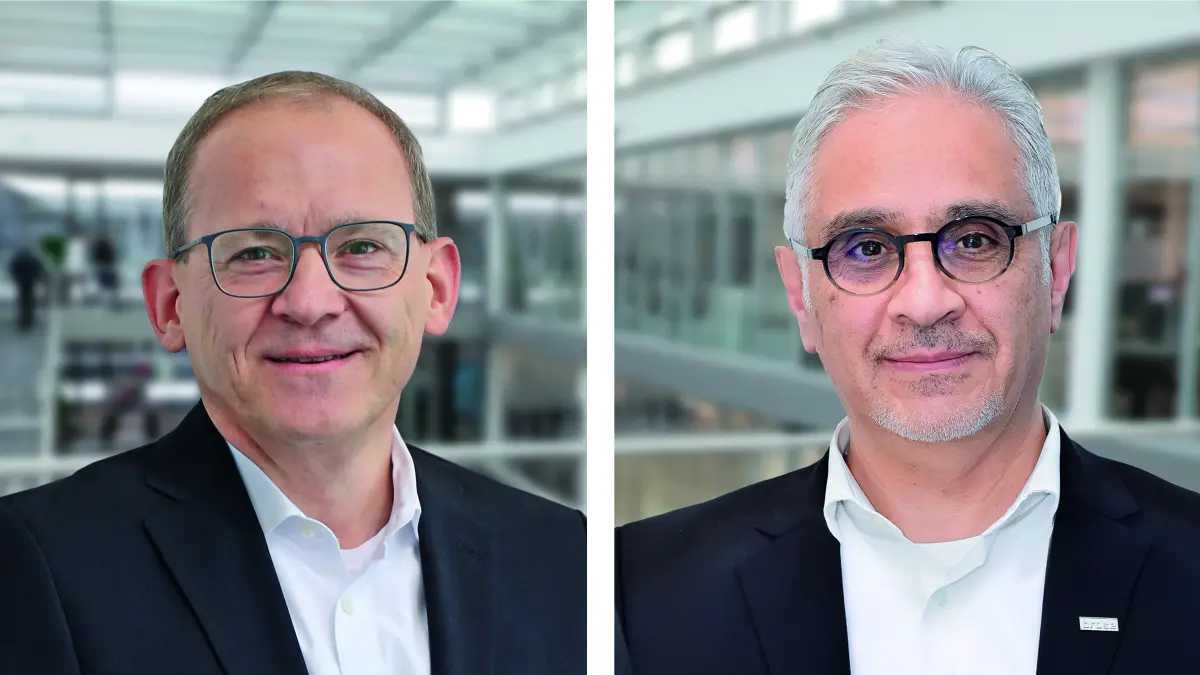
Brose relies on in-house experience for management changes
Klaus Jungwirth appointed Head of the Seat Division: Following a decision by the shareholders and the Advisory Board, Klaus Jungwirth (52) will assume responsibility for the Seat Business Division on May 1, 2025. Mr. Jungwirth succeeds Andreas J...
-
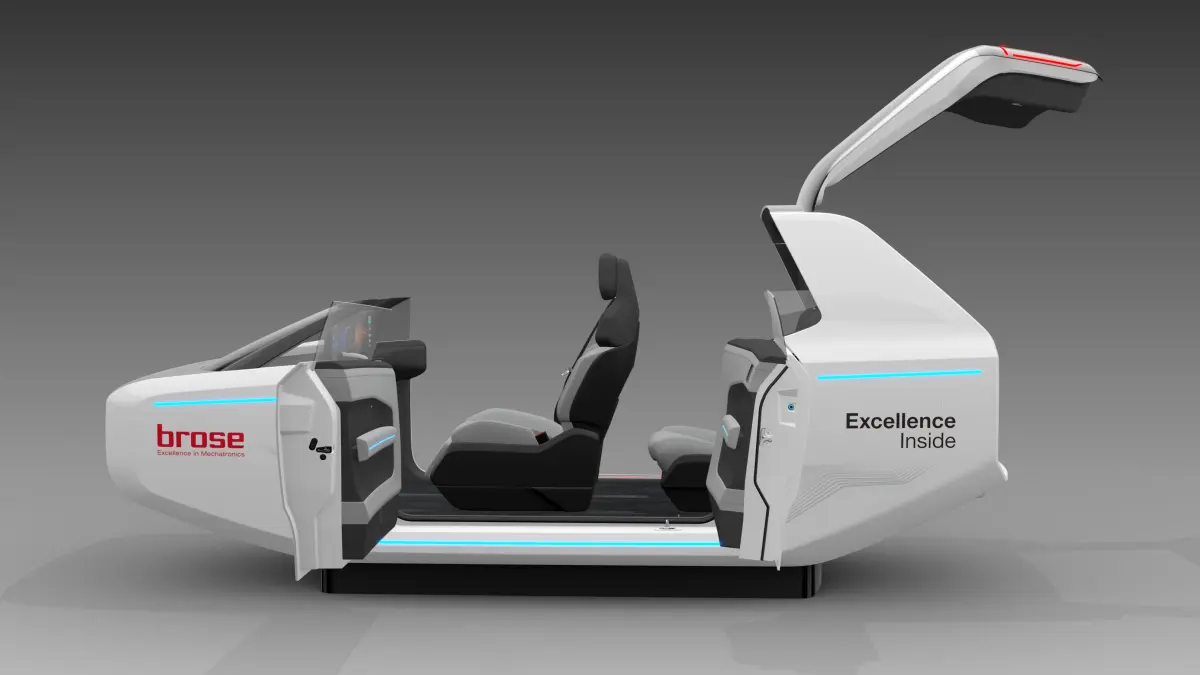
Brose at Auto Shanghai 2025: Innovations with Vision – From China for the World
Under the motto Excellence Inside , the automotive supplier Brose is presenting forward-looking mobility solutions at this year’s Auto Shanghai from April 23 to May 2. With this, the family-owned company is responding to key industry trends: accel...
-
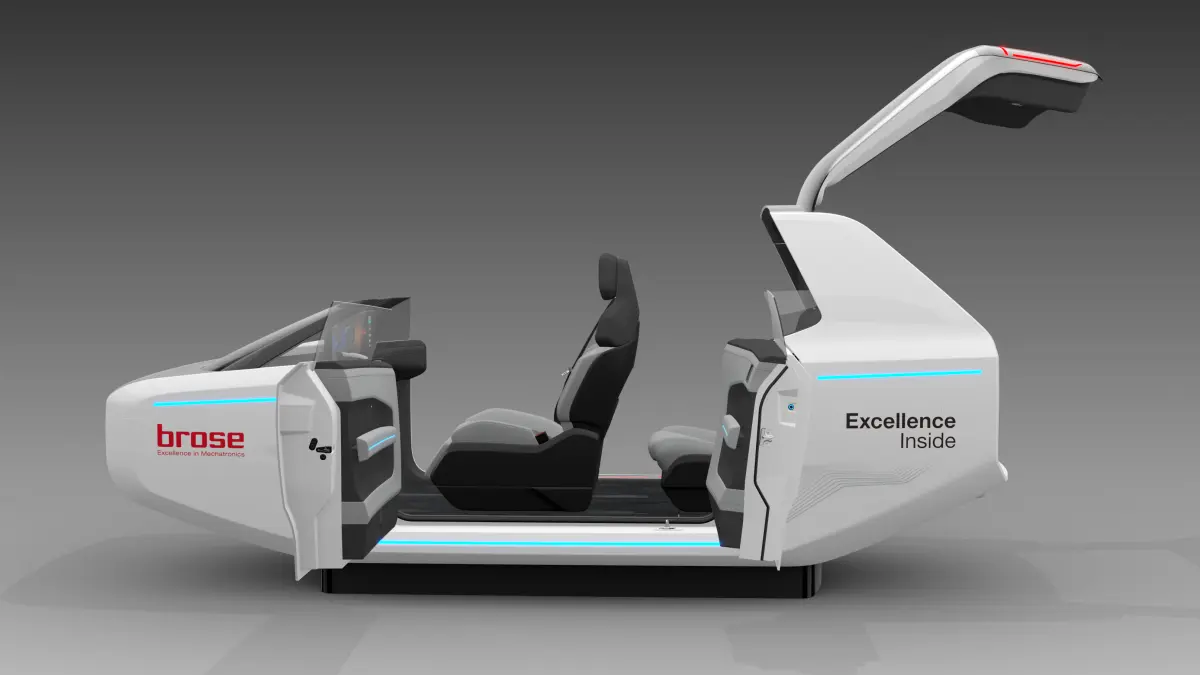
Brose unveils key innovations to power the future of the automotive industry
The automotive industry is undergoing a profound transformation. Electrification is accelerating, multiple technology paths are advancing in parallel, intelligent systems are rapidly being applied across diverse real-world scenarios. Consumers are ...
-
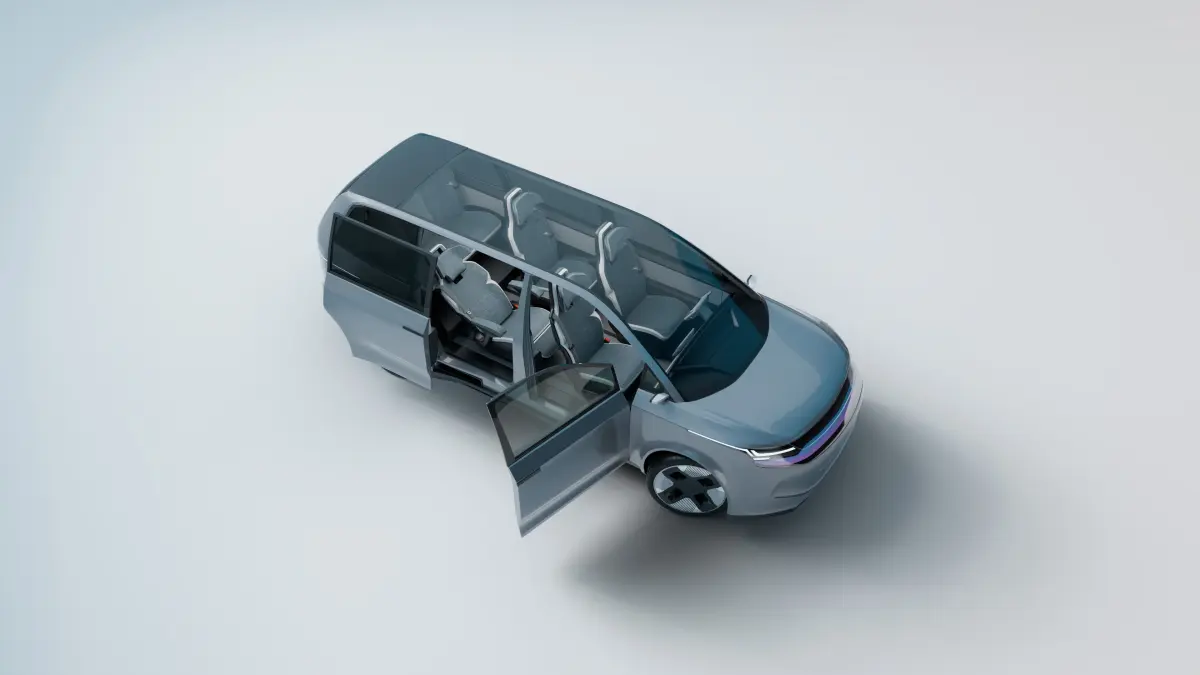
Brose to showcase innovative solutions at 2025 Auto Shanghai, illustrating 30 years’ development in China
In 2025, Brose reached a significant milestone with its 30-year anniversary of entering the Chinese market. As a global leader in mechatronic systems, Brose has been deeply rooted in China since 1995, continuously advancing its localization strateg...
-
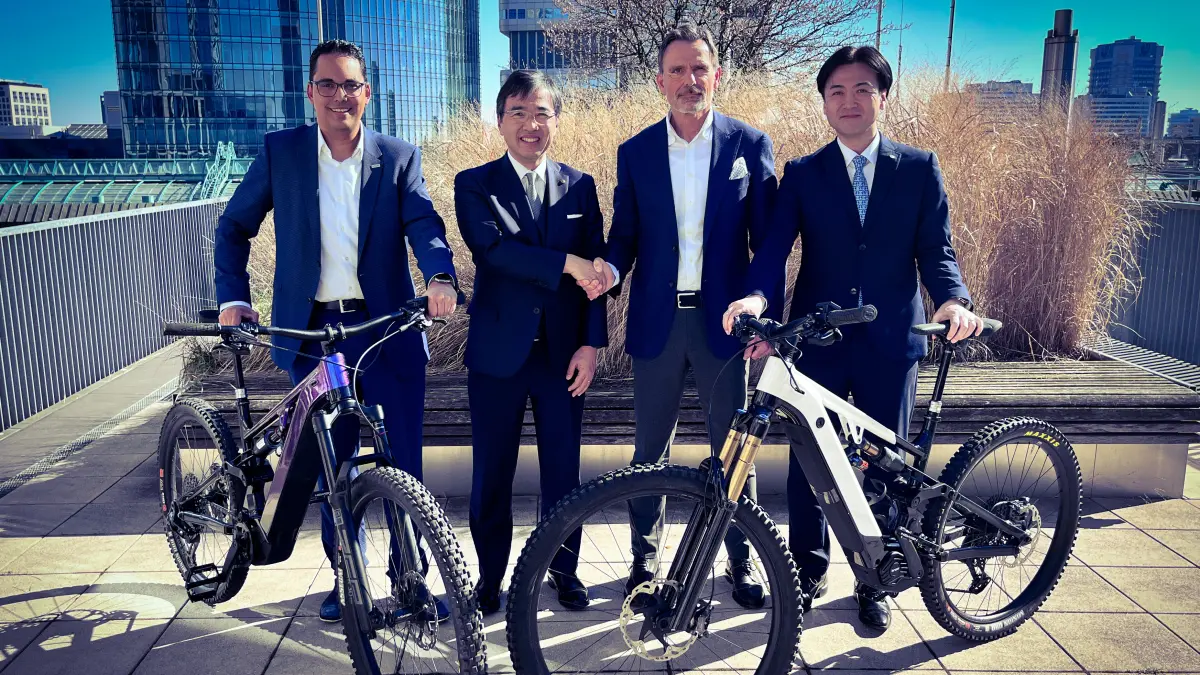
Brose sells its e-bike drives business to Yamaha
Brose SE is selling its e-bike drives business to Yamaha Motor Co., Ltd. Subject to approval by the antitrust authorities, Yamaha's Motor eBike Systems GmbH will take over the e-bike drive and systems business. The sale is part of Brose's strategic...
